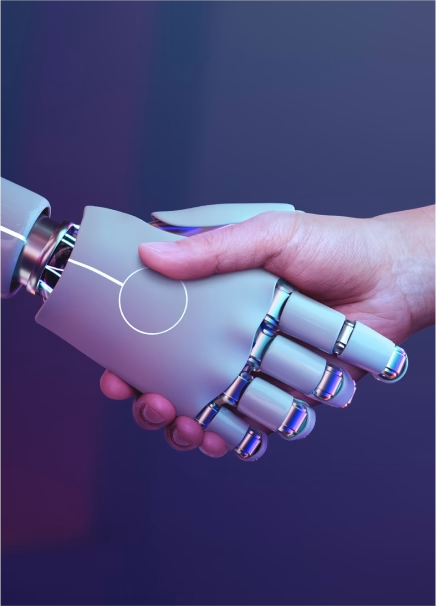The unbridled enthusiasm for digital transformation has prompted enterprises to storyboard roadmap to embrace the next wave of technology. The pace at which technology is mushrooming around, enterprises are in the dire need of automating labor-intensive business processes. This is where Robotic Process Automation-led digital transformation has acquired the center stage.
RPA successfully replicates human actions to handle heaps of repetitive tasks that normally involves multiple human resources fully engrossed in completing them without adding noticeable business value.
Needless to mention AI, machine learning and other technologies have emerged on the scene to make this happen, and yet Robotic Process Automation has proved to be impactful as it can smartly mimic human actions and perform mundane technical tasks and thereby evolving workforce to perform other high-value tasks. It can quickly fix perpetual legacy system problems such as integration, migration and information sharing issues leaving fragmented customer experience behind.
While many companies are thriving in this environment and disrupting their status quo, countless heads are still on the lookout to realize their true transformative power.
Automation is the tip of the digital transformation iceberg that is impacting everything from customer experience and company infrastructure to business operations and outcomes.
As per the estimates, the adoption rate of Robotic Process Automation across organizations is growing at a lightning speed and it will be a $1.5 billion business by 2020. – Forrester.
RPA can automate manual processes, increase production, ease software bots deployment, minimize human errors, boost employee energy levels and productivity that has exponentially fueled its growth.
On the other hand, digital transformation reflects in a way the enterprise systems have evolved over the years such as:
All these years, RPA has proved its potential in various operational functions such as human resources, logistics, finance, supply chain, manufacturing and customer support.
Apart from this, RPA has helped enterprises taste success in handling rule-based tasks such as onboarding, complaints handling and reporting.
These are just some of the processes that RPA dramatically automates across various industries, significantly reducing dependency on costly labor and increasing service efficiency.
It’s this need that is leading to a surge of interest in Robotic Process Automation (RPA). Besides, to reap the benefit of faster time to value, you need a catalyst that accelerates your RPA adoption.
At Cygnet Infotech, we advocate a new way to deploy RPA—what we call our ‘Technology First’ approach. The key is to democratize RPA solutions with a scalable architecture that efficiently augments digital operations radically reducing handling time while providing superior user and customer experience.
In practice, even though RPA technology provides the foundation for significant competitive advantage, it is considered as one part of the holistic automation approach.
In a broader view, where RPA is another weapon in the fight against manual, repetitive and administrative work, DPA (Digital Process Automation) augments RPA, using a range of automation technologies taking a more strategic approach toward automation to improve the customer experience.
A DPA strategy aims to fulfill the advanced needs of the enterprises by leveraging Big Data and AI capabilities along with RPA. Combination of these technologies can act as a guided support to understand business patterns and performance of their workflow. Companies can then utilize this information to reimagine and digitize end-to-end processes that truly meet the needs of modern customers.
While RPA and DPA are fundamentally different approaches to support comprehensive, end-to-end process automation, in combination, they create a powerful digital transformation strategy. However, transformation isn’t plug and play. You need to apply design thinking to redefine existing processes and foster your business growth keeping customers at the center. It’s all about human centric designs and experiences.
Many companies are achieving superior business process optimization with Cygnet Infotech’s intelligent RPA solutions that are developed through a 100% agile approach. Our intelligent tech architects develop a scalable architecture allowing you to accelerate business outcomes.
